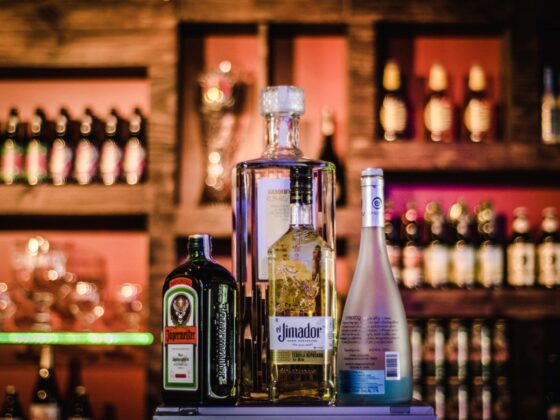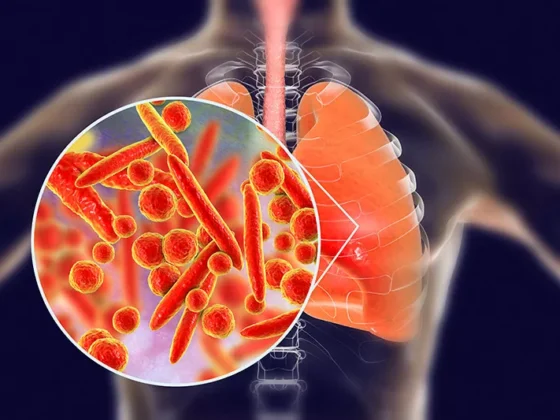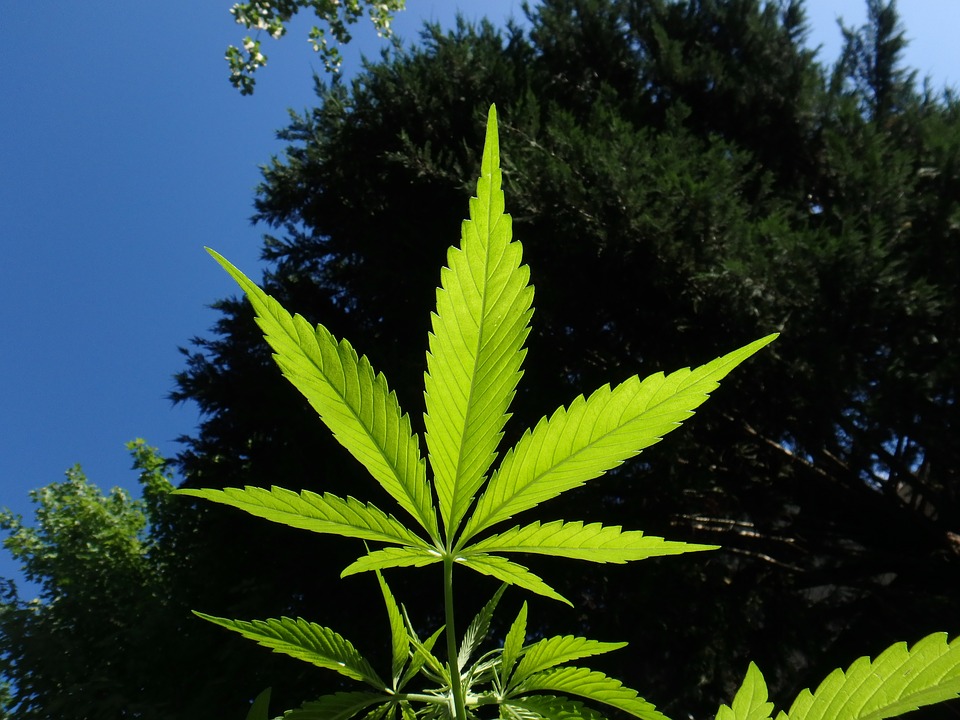International SOS emphasizes several key precautions that pilgrims should follow to ensure a safe and successful Hajj pilgrimage:
- Face Mask and Social Distancing: It is crucial for all pilgrims to wear face masks at all times and maintain a distance of at least two meters from others. These measures help minimize the risk of COVID-19 transmission and protect both individuals and the larger community.
- Hygiene Practices: Pilgrims must adhere to good hygiene practices, including frequent handwashing and proper disposal of used masks and gloves. These practices play a vital role in reducing the spread of infections and maintaining personal health and safety.
- Compliance with Government Requirements: It is essential to fully comply with all government requirements related to COVID-19 protocols, including vaccination status verification and presenting a negative PCR test result taken within 72 hours before departure. Pilgrims should familiarize themselves with the specific regulations set by the Ministry of Health in Saudi Arabia.
- Health Stabilization: Pilgrims with pre-existing health conditions should ensure their conditions are stabilized before embarking on the journey. It is recommended to carry sufficient medication for the entire trip, including extra supplies in case of any delays or unforeseen circumstances.
- Emergency Preparedness: Pilgrims are advised to save important emergency contact numbers, such as local police, ambulance services, embassy contacts, and any local support contacts, on their mobile phones. It is crucial to keep the phone charged at all times for quick access to emergency assistance if needed.
- Stay Informed: Pilgrims should continuously monitor the latest news and recommendations related to Hajj and COVID-19. Staying informed about any updates or changes in guidelines ensures that individuals can make informed decisions and take necessary precautions throughout their journey.
- Respect Cultural Sensitivities: Pilgrims should exercise heightened caution and respect local cultural and religious sensitivities, both during the pilgrimage and on social media platforms. It is important to abide by local legal, religious, and cultural conventions at all times.
- Environmental Wellness: Given the extreme heat during the Hajj season, pilgrims should prioritize their well-being and stay hydrated to avoid heatstroke. It is advisable to choose clean, well-cooked food and beverages, including bottled water and pasteurized milk. Thoroughly washing fruits and vegetables and ensuring meat is properly cooked are important precautions to prevent food-related illnesses.
- Animal Contact: Pilgrims should avoid direct contact with animals, including camels, as they can carry Middle East Respiratory Syndrome Coronavirus (MERS-CoV). This potentially severe illness can be present in camels and their products. By maintaining distance and practicing good hygiene, the risk of transmission can be minimized.
International SOS remains committed to providing comprehensive health and security support to pilgrims throughout their Hajj journey. By following these precautions and guidelines, pilgrims can experience a safe and memorable pilgrimage while prioritizing their health and well-being.











